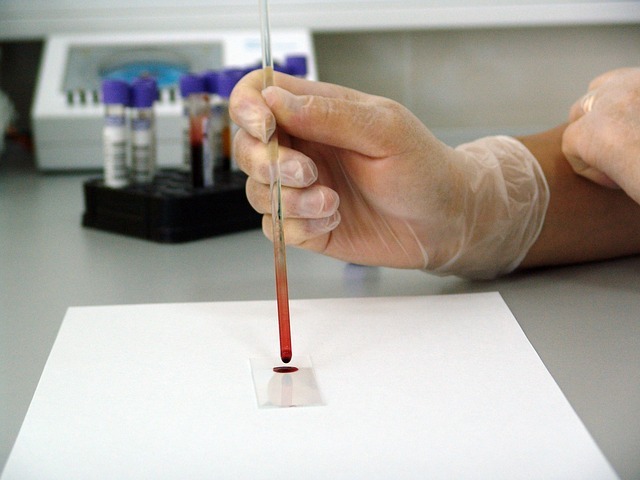
Medical devices maker ExThera Medical has secured CE mark approval for its Seraph 100 Microbind affinity blood filter to minimise pathogens during bloodstream infections (BSI).
In October this year, ExThera intends to supply Seraph 100 for clinical use in selected EU states. The company will announce new distributors for Italy, Germany and other EU countries in September.
Seraph 100 Microbind affinity blood filter
Seraph 100 is a sorbent-type blood filter that serves as a new option to treat bloodstream infections.
The advanced blood filter holds capacity to rapidly lower the concentration of bacteria, viruses and fungi in whole blood, while existing devices remove only molecules.
Seraph 100 can significantly decrease the concentration of both drug-susceptible and drug-resistant pathogens in pre-clinical and clinical testing.
Seraph’s exclusive design and its blood-compatible surface, designed at Stockholm‘s Karolinska Institute, will rapidly reduce the concentration of drug-resistant and drug-susceptible bacteria, viruses, fungi and sepsis mediators in blood continuously drawn from, and returned to the patient.
According to the company, the CE Mark means Seraph 100 meets the safety and performance requirements for medical devices in the European Economic Area (EEA) as a supplement to anti-infective therapy.
ExThera president and CEO Bob Ward said: “Today marks a definitive turning point in advancing the care of bloodstream infections, the result of years of dedicated research, development and investment.
“Seraph 100 provides an innovative therapy for rapid and effective treatment of infections that might otherwise pose a devastating risk to patients. We look forward to Seraph 100’s continued success in Europe, while demonstrating its potential to help healthcare providers and their patients around the world.”
ExThera is involved in the development of advanced single-use blood filters, which can capture a range of pathogens from whole blood.
The company also develops therapeutic products for the treatment of patients in the hospital, on the battlefield and during epidemics.






